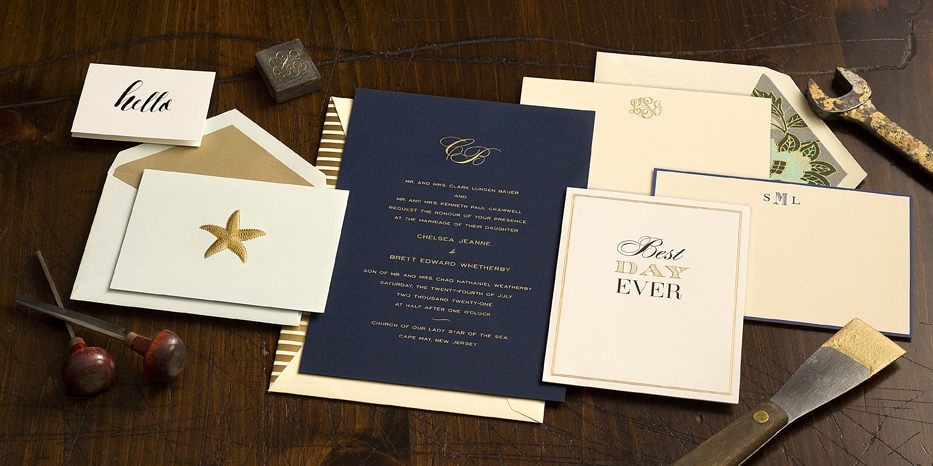
News
Paper
Mohawk Fine Papers buys Crane Stationery
April 10, 2018 By P&PC Staff
 Photo: Mohawk Fine Papers/Crane Stationery
Photo: Mohawk Fine Papers/Crane Stationery Apr. 10, 2018 – Mohawk Fine Papers, a privately owned manufacturer of fine papers, envelopes and specialty materials for printing, has purchased Crane Stationery Corp. for an undisclosed amount. The acquisition includes all three premium Crane brands: Crane & Co., William Arthur and Vera Wang.
The combined companies will expand Mohawk’s product offering to include Crane’s line of boxed stationery, wedding invitations, holiday cards and other personalized products, as well as Crane Crest, Crane Bond and Crane Lettra. Mohawk and Crane will maintain their respective existing brand names and continue to offer their portfolios and offerings, while at the same time expanding products, offerings and channels.
A fourth generation, family-owned and operated paper company, Mohawk describes itself as the first U.S. manufacturer of commercial printing papers to match 100 per cent of its electricity with wind power renewable energy credits and the first U.S. premium paper mill to shift toward carbon neutral production. Mohawk’s portfolio of recycled papers is certified by Green Seal and the Forest Stewardship Council (FSC).
Mohawk has assigned Paul Biesiadecki to oversee the Crane Business and facilitate the transition to Mohawk. Dean Daigle will be responsible for all Crane operations including Finance, HR, and IT and Bart Robinson will lead the Sales and Marketing teams. All Crane employees, with the exception of the three owners, will join the Mohawk team.
“I cannot think of a more fitting match for Crane than a family-owned company like Mohawk, which instinctively recognizes the timeless impact of perfectly crafted print on beautiful paper. I look forward to seeing the Crane brand continue to grow under Mohawk’s exceptional leadership,” said Crane Stationery president Katie Lacey.
Founded in 1801, Crane’s papers are made from 100 per cent recovered cotton fibres left after ginning cotton seed.
Print this page